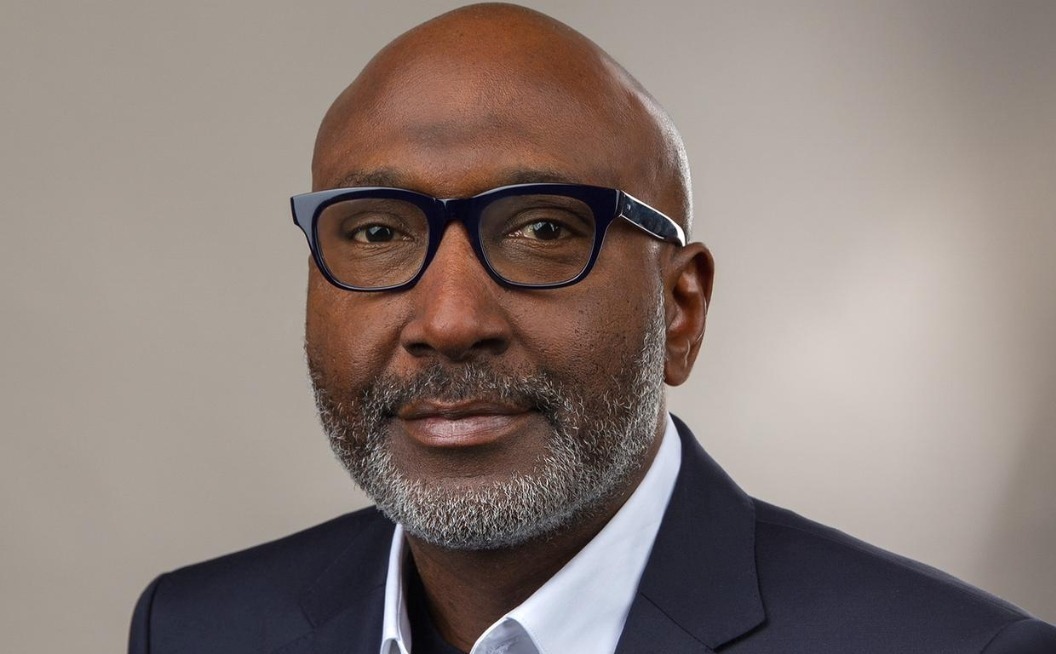My late father asked me one day – What do you really do? He asked this shortly after we had started our company while doing my MBA program at the University of Benin. He was fascinated that I didn’t seek a regular job and had opted to start a business, but he couldn’t understand the nature of our business.
I tried to explain to him how we build software for companies and also provide implementation and support services for the software that other people had developed. His conclusion was another question – “is it like doing contracts?” I had to agree with him that it was the same.
We were indeed no different from the “hustling” local Nigerian contractor providing supplies or services to a public or private sector establishment. We were probably worse off as technology at that time was slightly more than a novelty and not yet strategic. One definite thing we had in common with the contractors was delayed payments. After over two decades of operation, it is still a problem.
The large enterprise collections problem
Scaling our firm’s software services outside Nigeria as SwiftaCorp was not out of profound wisdom but the need to survive. A large Nigerian client had payments overdue for 18 months, and we were dying. It was desperation and pure luck that made us realize that smaller countries and smaller clients who needed our services more, paid more promptly than those who felt that working for them was a favour they did for us.
I started a Twitter conversation recently on the topic of delayed payments to small business by large public and private enterprises, and the response was overwhelming. The problem is also prevalent around Africa. It is particularly sad and counterproductive as a lot of startup founders spend valuable time chasing debtors.
Jesse Ghansah, the founder of the West African media startup “OMG Digital,” says that debt recovery takes up 70% of his time. It is even worse for those in the advertising business.
Small business will NEVER become big or create jobs when big businesses keep killing them with unpaid debt. Smaller firms are usually not paid by enterprise debtors for months but, large enterprise workers still enjoy their salaries and perks. Big company CEOs are celebrated publicly for business excellence while they crush their smaller suppliers with delayed payments. It is not surprising that the fastest growing African software companies opt to provide solutions to smaller companies and merchants or consumers at scale.
Legal and technology options
Nvoicia is a startup founded in Ghana that provides invoice finance to entrepreneurs, and they say 92 percent of registered businesses in Ghana are SMEs while in Nigeria they are over 38 million SME. A large market with a bigger problem. The most common financial issues they found with SMEs are delayed payments. DIYLaw.ng is a specialist Nigerian law advisory firm for entrepreneurs; they also said that they have been getting much more requests for debt recovery services than anything else.
The curious thing is that there are legal remedies to this problem, but for some reason, they aren’t popular, or people are not even aware that they exist. Section 408 of the Nigerian Companies and Allied Matters Act stipulates that a creditor can wind down a company for debts as low as 2,000 Naira. I also gathered from DIYLaw.ng that there is a small claims court where creditors can make claims lower than 5 million Naira without any need for legal representation and delays in court processes. These are valid options for people to pursue and I am very sure that technology solutions will soon be built to expedite these remedies as this seems to be a huge problem.
I foresee a situation where specialist debt recovery technology startups like “Prodigal” which originated from India and was recently funded by Y-Combinator will become commonplace. Prodigal’s debt collection software uses Artificial Intelligence and continuous lines of communication with borrowers across multiple channels to make collections effective. The new digital lending companies will need services like this, and it could easily be adapted to serve small business needs.
The “Tax Man” option
A long shot but probably better solution to our large enterprise debts problem may be centralized electronic invoicing as it is currently done in Brazil and other Latin American countries to crack down on tax fraud.
As part of recognized accounting in Brazil, all invoices issued by companies are centralized, electronic and comply with the standard imposed by the Brazil tax authority (SEFAZ) in the form of “Nota Fiscal Eletronica” (NF-e) documents.
It is easy to track payments in Brazil, and delays are rare because the internal inefficiencies of large companies get significantly reduced. Even though smaller companies are taxed, invoices get paid promptly. It will be a win for both government and small business. It will also be a win for technology companies as more companies will be forced to automate their inefficient processes.
I believe that along with legal and other technology remedies, the SEFAZ centralized invoicing model is possible and viable in African countries. It could be a big boost to electronic payments as it can improve trust and small business liquidity. It will also grow the tax base for the governments and will go a long way to reduce if not eliminate public and private sector corruption.






